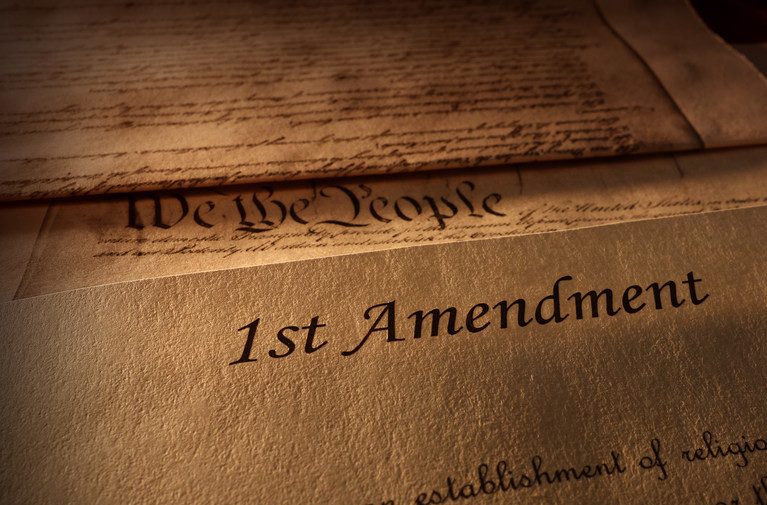The “ministerial exception” is a legal doctrine rooted in the First Amendment’s religion clauses, which protects religious organizations from government interference in employment decisions involving employees who perform religious functions. In McMahon v. World Vision, Inc. (9th Cir., Aug. 5, 2025), the U.S. 9th Circuit Court of Appeals applied this exception to dismiss a Title VII employment discrimination lawsuit brought by Aubry McMahon, a customer service representative (CSR) whose job offer was revoked by World Vision, a Christian humanitarian organization, after it learned he was in a same-sex marriage.
The court ruled that the ministerial exception applied to McMahon’s role, even though it was not overtly religious, because CSRs at World Vision were expected to embody Christian values, interface with the public, and engage in prayer with colleagues, aligning with the organization’s mission to share the gospel through outreach to underserved communities. The decision reversed a lower court’s ruling that had rejected World Vision’s ministerial exception defense, emphasizing that the exception covers employees who advance the organization’s religious mission, regardless of their specific job title or duties.
This ruling aligns with broader interpretations of the ministerial exception, as seen in cases like Our Lady of Guadalupe School v. Morrissey-Berru (2020), where the U.S. Supreme Court expanded the exception to include employees with roles in educating or forming others in the faith, even if their titles are secular. The 9th Circuit’s decision reinforces that religious organizations have significant autonomy in employment decisions for roles deemed integral to their mission, potentially limiting discrimination claims under federal laws like Title VII.
